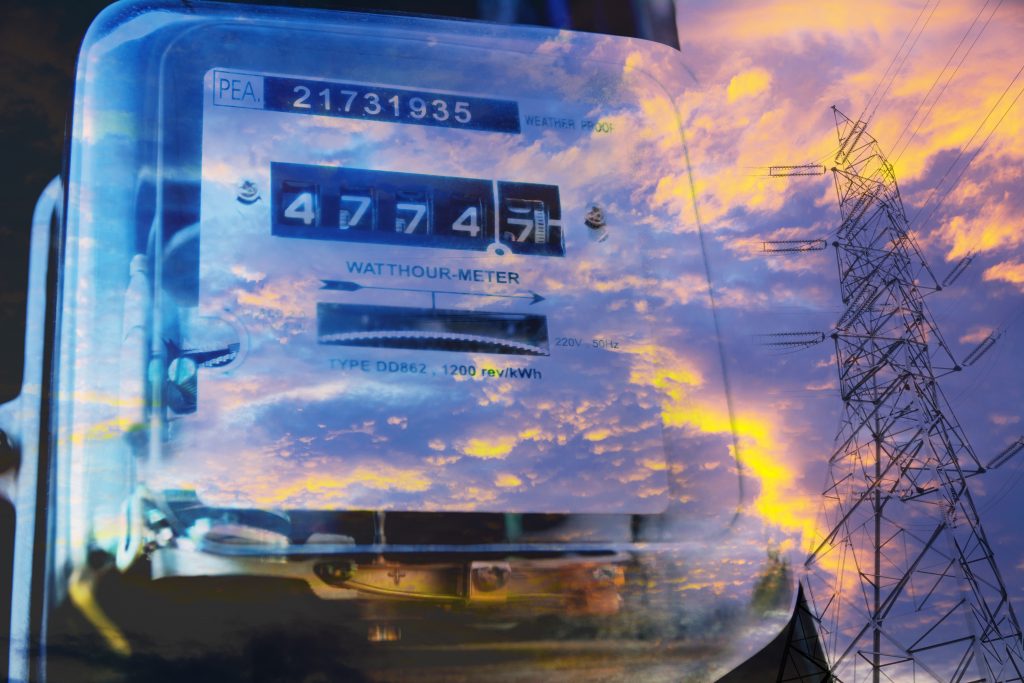In Alberta, you don’t necessarily have to sign a contract with an energy retailer, but it often depends on the specific circumstances. As a consumer, you have the option to choose between a regulated rate provider or a competitive retailer for your electricity and natural gas supply. The regulated rate is a variable rate that changes month to month based on market conditions. Competitive retailers, on the other hand, offer a variety of fixed-rate contracts which could potentially save money if market prices rise. So, while signing a contract isn’t strictly necessary, it could provide price stability over the contract term. Remember to carefully read the terms and conditions before entering into any agreement. View our affordable rates, to get Alberta’s best utility rates and plans.
Signing a contract with a competitive energy retailer in Alberta can be beneficial for a number of reasons. First, it offers price stability. Unlike the fluctuating rates provided by regulated suppliers, which can vary greatly month-to-month based on market conditions, contracts with competitive retailers lock in a set rate for a specified term. This means even if energy prices rise significantly, your rate remains the same, making budgeting for energy costs more predictable. Secondly, many of these retailers offer green energy options, allowing consumers to support renewable energy sources. Finally, some competitive retailers offer incentive programs, like rewards points or bundled services, adding extra value to their contracts. However, it’s important to fully understand the terms and conditions, including potential penalties for early termination of the contract, before signing.

In deregulated markets like Alberta, switching between energy retailers is usually a straightforward process. However, consumers should be aware of any early termination fees or other conditions that may apply when switching.
Regulatory agencies usually oversee the activities of energy retailers to ensure they comply with consumer protection laws. This includes guidelines for transparent billing, the right to cancel or switch services under certain conditions, and mechanisms for dispute resolution.
Many energy retailers aim for transparency by providing detailed billing statements that break down costs clearly. Some also offer online calculators, mobile apps, or web dashboards that allow consumers to track their usage patterns and understand how different behaviors impact their bills.
Generally, energy retailers offer more flexibility with regard to contract terms. They often provide a range of options from month-to-month plans to multi-year contracts, enabling consumers to choose a term that best suits their needs. Some even offer no-contract options for maximum flexibility.
In Alberta, Canada, the role of energy retailers is particularly distinct due to the province’s deregulated energy market. Energy retailers in Alberta act as intermediaries between energy producers and consumers, both residential and commercial. They purchase electricity and natural gas at wholesale rates and then sell it to consumers at retail prices.
Alberta’s deregulated market allows consumers to choose from a variety of energy retailers, rather than being limited to a single, regulated utility. This competition can result in more favorable rates, flexible contract terms, and specialized offerings such as green energy options. Some retailers offer fixed-rate plans that provide price stability, while others offer floating rates that fluctate with market conditions.
In this environment, energy retailers do not own the infrastructure for generating or distributing electricity or gas; those aspects are managed by separate entities. However, retailers handle customer service, billing, and often provide additional services like energy usage monitoring tools.
By participating in Alberta’s deregulated market, energy retailers play a key role in providing consumers with more choices and potentially better prices. They also have the opportunity to differentiate themselves through sustainability initiatives, such as offering electricity from renewable sources, thereby promoting greener energy solutions within the province.
Some energy retailers offer bundled services, combining electricity and natural gas, or even other utilities like internet or home security, into a single package. These bundles may offer convenience and potential cost savings for consumers.
Links